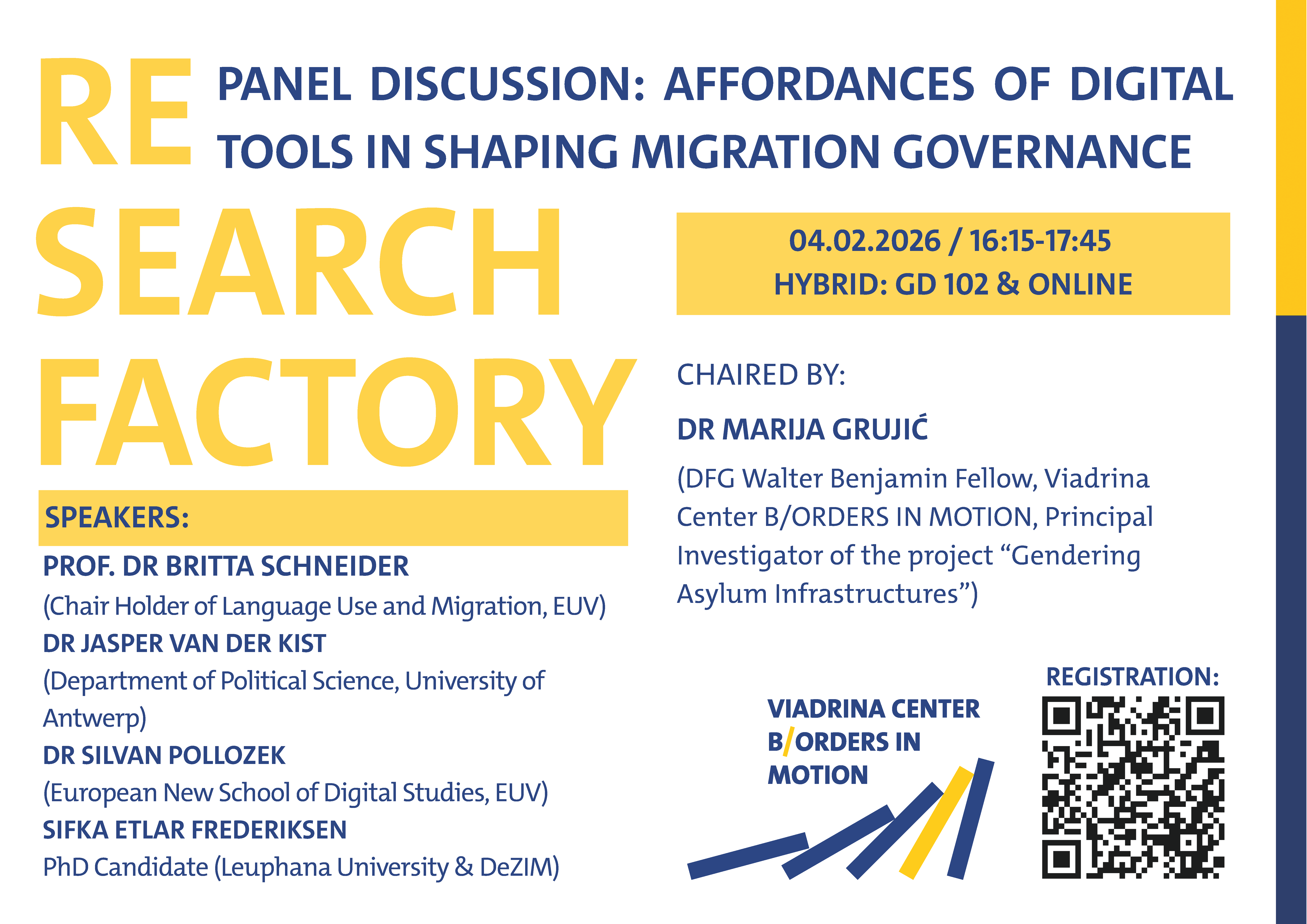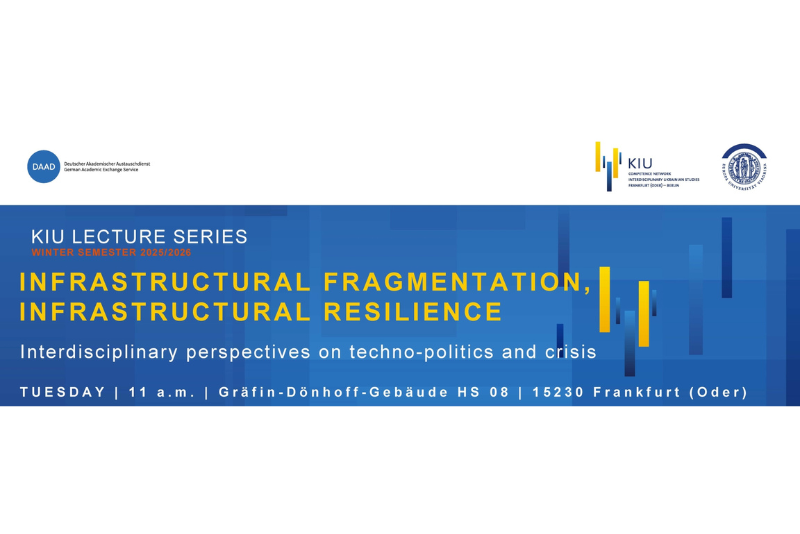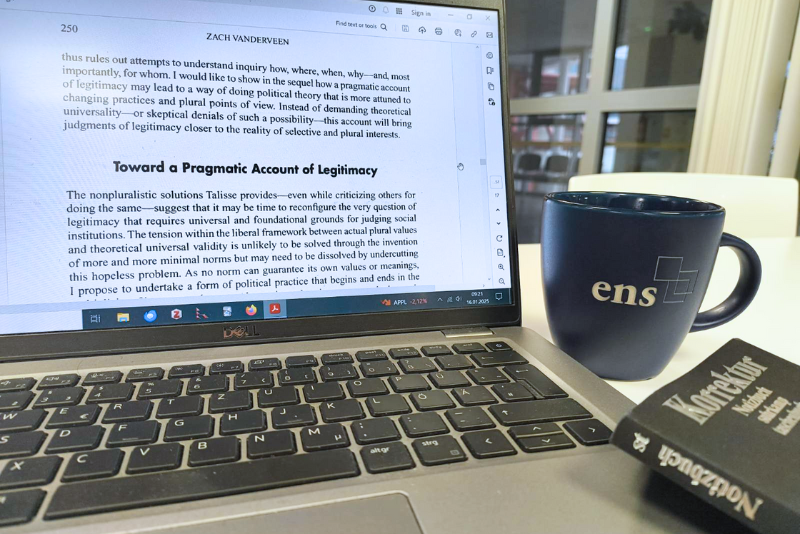
Václav Štětka appointed Professor of Digital Political Communication at ENS
10. February 2026
How influencer and AI threaten democracies: Prof. Dr. Václav Štětka was appointed Professor of Digital Political Communication at the European New School of Digital Studies (ENS) at Viadrina on 10 February 2026. The communication scientist and sociologist researches the connection between a changing information environment and the rise of illiberalism and populism, particularly in Eastern Central Europe.
Personal Background
Prof. Dr. Václav Štětka studied journalism and mass communication (BA) and history and sociology (MA) at Masaryk University in Brno, Czech Republic, and completed his Ph.D. in sociology there as well (2005). As a research fellow at the University of Oxford, he worked on the project ‘Media and Democracy in Central and Eastern Europe’ and subsequently worked at the Institute of Communication and Journalism at Charles University in Prague. Since 2016 he was based at the Department of Communication and Media at Loughborough University in the United Kingdom, where he was appointed Professor of Media and Political Communication in 2025. His research projects recently included comparative analyses of the exposure to misinformation and disinformation, populist communication during the pandemic, and the relationship between media and the “illiberal turn” in Eastern Europe. His recent book titled “The Illiberal Public Sphere: Media in Polarized Societies” (co-authored with Sabina Mihelj) won the 2025 Best Book Award of the American Political Studies Association (Information Technology and Politics section).











